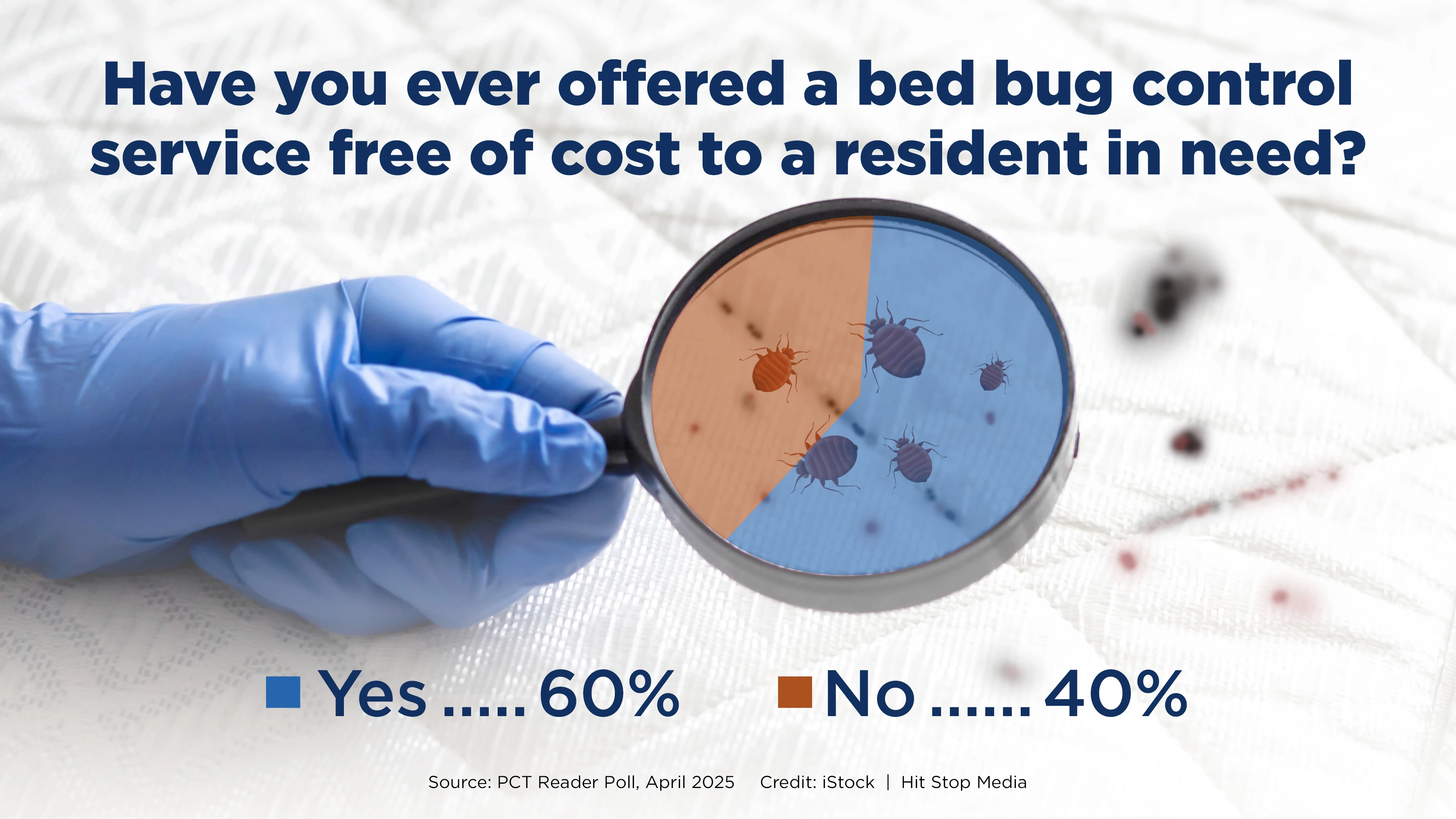Owners of small businesses — like many of us — are non-confrontational by nature, particularly when it comes to local politics. After all, if things are going well, why rock the boat? And things have been going very well for the pest management industry in recent years. Profits are up, mergers and acquisitions activity is at an all-time high, and thanks in large part to the efforts of the Professional Pest Management Alliance (PPMA) the market for professional pest control services is growing. Sure, employee recruitment continues to be a problem, the housing market has slowed dramatically and the high cost of gas is negatively impacting the industry’s bottom line, but by and large the pest management industry has experienced good times for much of the past decade thanks, in large part, to a favorable legislative climate, something that wasn’t the case in the 1990s when the pest control industry found itself playing defense on a wide range of pesticide-related issues.
Could those days return? With anti-pesticide legislators now in key positions at the highest levels of government — Barbara Boxer, Senate Committee on Environment and Public Works; Henry Waxman, House Committee on Oversight and Government Reform — it’s a very real possibility. But PCOs need to look no further than our neighbors in Canada to identify a potentially even greater threat to the industry’s well being. For that’s where local municipalities are aggressively banning the “cosmetic” use of pesticides, in addition to implementing a growing number of pesticide-wide sales restrictions. At this point, you’re probably asking yourself, “What does what is happening in Canada have to do with me?” The answer is everything. The recent success of Canadian anti-pesticide special interest groups has not been lost on their brethren in the U.S., who have observed how their colleagues up north have successfully passed anti-pesticide legislation by focusing their efforts at the local level. “South of the border, some U.S. communities also are pushing anti-pesticide bans, especially in the hot spots of New York, Minnesota and New England,” writes Anne Nagro in this month’s PCT cover story. “Most are aimed at reducing pesticides by the lawn care industry on public land,” but what happens in the lawn care industry could spill over to the pest control market if the industry isn’t careful. At this point, 41 states have pre-emption laws that prevent municipalities from passing their own pesticide laws, but overturning these laws is a major focus of environmental activists. Overturning pre-emption would give these groups “the green light to function as in Canada and convince local communities to pass ordinances banning pesticides,” said Allen James, president of RISE, a pro-industry trade group.
What can you do? You can be the eyes and ears of the pest management industry. It’s impossible for the NPMA, RISE or any other industry trade group to monitor all of the legislative activities occurring in more than 85,000 communities in the United States. “That’s why all industry professionals must help alert local, state and national association leaders of local legislative issues and negative press affecting the industry,” said Cindy Mannes, NPMA vice president of public affairs. So get involved and alert NPMA and RISE representatives if anti-pesticide legislation is introduced in your market area. By providing this essential service, you will be helping to preserve not only your livelihood, but the livelihoods of your colleagues throughout the United States.
The author is publisher of PCT magazine.

Explore the July 2007 Issue
Check out more from this issue and find your next story to read.
Latest from Pest Control Technology
- Target Specialty Products Expands Sales Leadership Team
- FORSHAW Announces Julie Fogg as Core Account Manager in Georgia, Tennessee
- Envu Introduces Two New Innovations to its Pest Management Portfolio
- Gov. Brian Kemp Proclaimed April as Pest Control Month
- Los Angeles Ranks No. 1 on Terminix's Annual List of Top Mosquito Cities
- Kwik Kill Pest Control's Neerland on PWIPM Involvement, Second-Generation PCO
- NPMA Announces Unlimited Job Postings for Members
- Webinar: Employee Incentives — Going Beyond the Annual Raise






